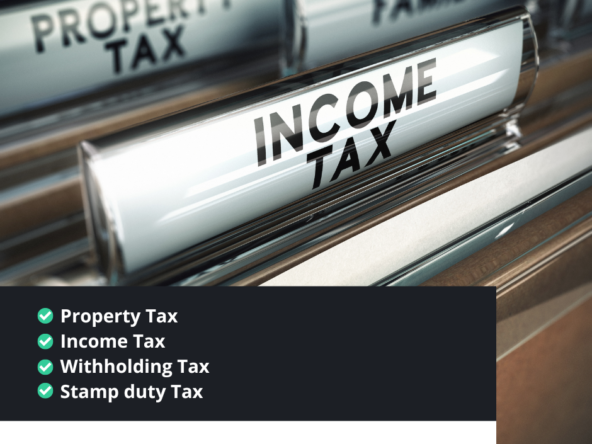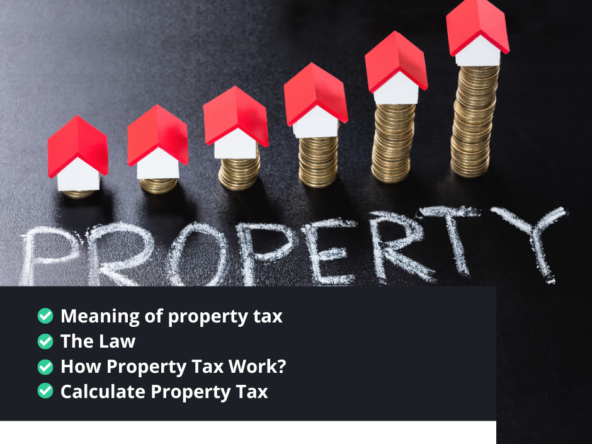Property investment in Uganda: commercial or residential?
If you ask a random passerby what they know about this half of the market and you’re likely to be met with little more than a scratch of the head. Which is a shame, because the commercial property market is full of opportunities and typically promises greater returns.
With that in mind, here’s our guide to the differences between commercial and residential property.
What is the difference between Commercial and Residential property?
The main difference between these two types of properties is that commercial properties are used primarily for business purposes and residential properties are used as homes. Consequently, commercial properties are more vulnerable to economic shocks than residential properties and are, therefore, considered higher-risk investments. The upside, however, is that they also offer greater returns.
Here are the main ways these property types differ.
- Lease length – typically categorized as either office, retail or industrial, commercial properties have much longer leases than residential properties, and these leases play a crucial role in determining their value. This is because it’s much harder to replace a commercial tenant than a residential one, as commercial properties are more vulnerable to economic shocks than residential properties.
- Vacancy periods – a combination of factors mean that vacancy periods in the commercial market tend to be much longer than vacancy periods in the residential market. This means that commercial investors will often have to cover a property’s outgoings without the support of rental income.
- Lease terms – while there’s little variation between residential leases, the difference between commercial leases can be huge, with pretty much every term up for negotiation. Consequently, commercial investors have to work very closely with lawyers and financial advisors when drawing up a lease.
- Rental yields – commercial properties typically offer rental yields between 5% and 12%, whereas residential properties typically offer around 3-4% yields. As a result, commercial investments are more likely to be cash-flow positive than their residential counterparts.
- Annual rent increases – unlike residential leases, most commercial leases include fixed annual rent increases. These typically fall within the range of 3-4%, which is higher than the current level of inflation.
- Maintenance and repairs – in the world of commercial property, it’s more common for tenants to sign net leases than gross leases. This means that they are responsible for paying council rates, insurance, land tax, maintenance and repairs. Meanwhile, in the residential market, these expenses are billed to the landlord, which is yet another reason why it’s more common for commercial properties to deliver a positive cash flow. Commercial investors, however, are required to weigh up this benefit against the higher cost of repairs more broadly. Combined with the increased potential for extended vacancy periods, the higher cost of upgrading a commercial property means that commercial investors generally need to have access to more readily available capital.
- Tenant behavior – that commercial tenants use their rented premises to run a business means they have a stronger incentive to take care of the property.
- Terms of finance – because commercial investment is deemed higher risk than residential investment, banks generally require a minimum deposit of 30% for commercial properties but often lend to residential investors with smaller deposits. What’s more, commercial loans generally attract higher interest rates and administrative fees.
- Exposure to economic shocks – while people always need a place to live, demand for a business’s goods and services ebbs and flows, which means that demand for commercial property is more elastic than demand for residential property.
- Knowledge required – commercial investors need to have a deeper understanding of the broader economy than residential investors, because demand for commercial properties is more sensitive to economic shocks. This means commercial investors generally need to conduct more research before buying a property.
- Capital growth – while this point is fairly divisive, the majority argue that commercial properties experience slower rates of capital growth than residential properties
Which offers the higher rental yields: commercial or residential investment?
Commercial properties offer rental yields in the region of 5% – 12%, whereas residential properties tend to deliver yields somewhere between 3 and 4%. This is because commercial properties need to offer high enough yields to encourage investors to willingly take on the higher risks.
Is commercial property more expensive than residential property?
This is a common misconception about commercial property investment. While high-rise offices and big-box retail units often sell for tens of millions, the commercial market arguably offers a wider range of price points.
You could buy retail shops for as little as $80,000, or a well-located office for roughly $400,000. Depending on the location, the same amount of money could buy you a three-bedroom home. But, assuming you found a reliable tenant, the office would likely offer you a much higher yield.
Should I invest in commercial or residential property?
If you’re new to property investment, it’s probably best to buy a residential property first, as the associated risks and level of business knowledge required are much lower. On the other hand, if you’re an experienced investor with multiple residential properties in your current portfolio, investing in the commercial market would make sense, as you could improve your cash flow – thanks to higher rental yields – whilst diversifying your portfolio and reducing your exposure to downturns in the residential market.
Another reason why commercial investment is better suited to more experienced hands is because it requires deeper pockets. This is partly because the increased potential for extended vacancy periods means that investors need enough money to cover a property’s outgoings over a prolonged period of time, and partly because upgrades to commercial properties generally cost more than upgrades to residential ones.
Finally, the commercial property’s sector increased vulnerability to broader economic shocks means that commercial investors typically need stronger business acumen than their residential counterparts. Which is not to say that the commercial market is necessarily off-limits to mum and dad investors; rather, that those who’d like to take the plunge should seek advice from a team of professionals before doing so.





